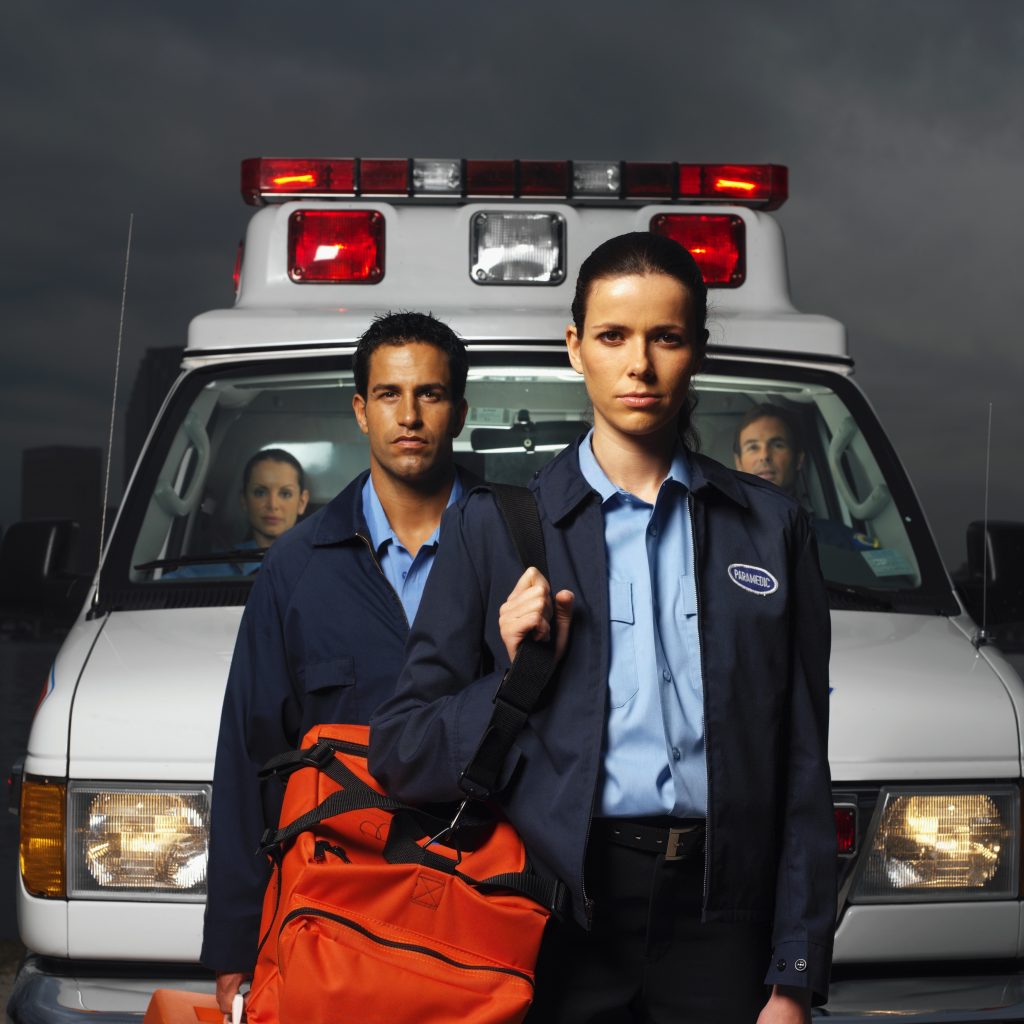New legislation being pushed to empower EMTs may soon change the way first responders in California help patient get care while trying to ease the overcrowding of emergency rooms. A bill as proposed will allow paramedics to bring a patient to sobering centers and mental health clinics, instead of taking them to the ER. So should EMTs take patients to these alternative facilities to receive more specific forms of care?
Giving EMTs Options
When dealing with a situation, law enforcement personnel are permitted to transport individuals who are intoxicated or experiencing a mental health crisis to sobering centers or mental health clinics if deemed appropriate. Sometimes this is the best place for a patient, depending on the specific circumstances. However, under current state law in California, Emergency Medical Technicians (or EMTs) and paramedics must bring patients to the emergency room.
Some argue that requiring EMTs and paramedics to transport these patients to the ER is not only contributing to overcrowding in emergency rooms but also it is often not the best place for them. Los Angeles County Supervisor Janice Hahn is one of many who believes this is a “common sense” option for EMTs. Hahn states,
“The bottom line is that if people like you and I can take an individual to a sobering center or a mental health urgent care center, why can’t a highly trained medical professional do the same?”
Supervisor Janice Hahn has sponsored the new bill, hoping to give EMTs more options that better serve the individual. Hahn states,
“Our mental health urgent care centers and the sobering center at Skid Row were designed to provide humane, compassionate care, tailored to meet the needs of their patients,”
In cases involving law enforcement, this option allows police to choose specialized facilities instead of booking people in jail. This allows for people who may be dealing with alcohol, drugs or mental health issues to sober up and receive on-the-spot treatment without facing charges. According to Hahn, California paramedics and EMTs have their hands tied, and it is impacting hospitals and individuals.
Assembly Bill 1795
The new legislation is Assembly Bill 1795. This proposal would allow local emergency medical services agencies to lay out plans for transporting patients to:
- Designated behavioral health facilities
- Sobering centers that meet specific standards
Keep in mind, these patients will have to meet specific criteria in order to qualify. The bills recently amended language also states:
The bill would authorize a city, county, or city and county to designate, and contract with, a sobering center to receive patients, and would establish sobering center standards.
However, the bills current language also states that patients can instruct EMTs to take them to the emergency room and that it does not authorize them to initiate an involuntary detention of the patient.
This legislation also has support from Assemblyman Mike Gipson. He wrote an op-ed in February for the Compton Herald to support the measure. Gipson states,
“No one will deny that our emergency rooms are drastically over-crowded. Although they may be well-equipped to handle trauma, disasters or emergency physical health conditions—they are not as well-equipped to serve patients who have mental health care needs or substance abuse problems.”
Recently, Hahn herself planned a trip to Sacramento to advocate for the bill. And she isn’t the only one getting behind it. The bill is also co-sponsored by:
- Los Angeles County
- California Hospital Association
- California Ambulance Association
Another supporter of the proposal is Mitch Katz, the director of the county’s Department of Health Services. Katz points out that not only could this give EMTs the power to take patients to a more suitable facility, but that these options can also be much less expensive than taking patients to an emergency room.
While hospitals, EMTs and paramedics are a crucial part of saving lives in cases of overdose and other emergencies, when it comes to getting people a means to effective treatment unique to their needs, there are better options. Giving EMTs a resource to offer substance abuse and mental health treatment options could make a huge difference in the fight against addiction. Anything that connects people with effective treatment is an important step in the right direction.
We want to hear what you think- should EMTs take patients to sobering centers and/or mental health clinics?
